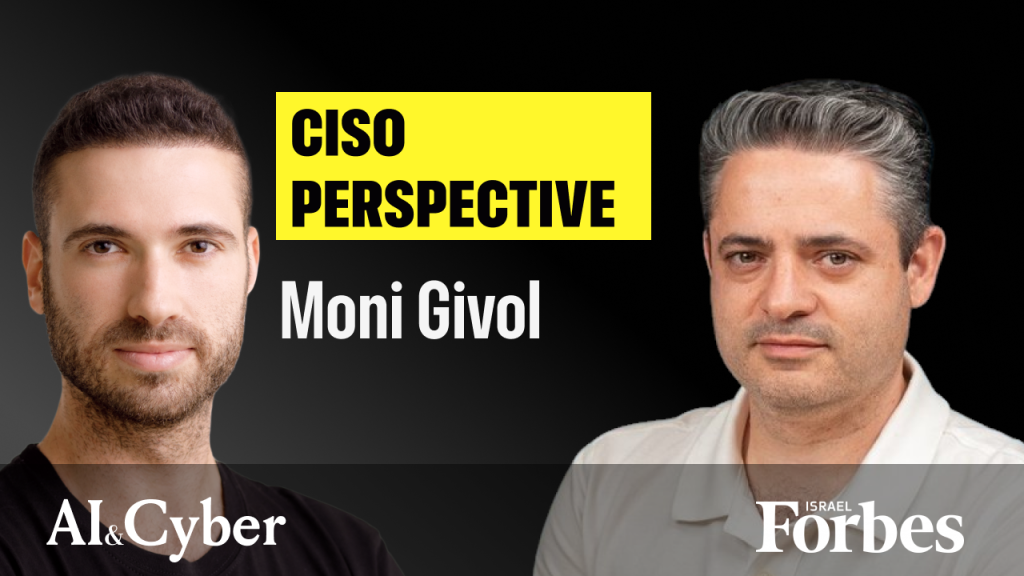The tools have evolved—but the problems haven’t gone away. That’s how Moni Givol, cybersecurity veteran of 25+ years, opened our conversation. “Many of the vulnerabilities and tactics from decades ago still work today,” he told me. “We’ve changed the packaging, not the fundamentals.”
It’s a humbling reminder in a hype-driven landscape. As AI continues to reshape cybersecurity, Moni sees a massive opportunity—but only if we anchor it in reality.
His thesis is clear: AI will redefine roles and reshape priorities, but only contextual solutions will create real value. “Security products without context just generate friction,” he said. “They create noise, not trust.”
At Clarity, we’ve seen how damaging this noise can be—AI-generated phishing attacks and deepfakes are slipping past legacy tools because the context is missing. It’s not enough to detect anomalies. You have to understand intent, channel, and identity—all in real time.
Moni believes this is where AI can shine. But it requires a shift in how teams operate. “The analyst won’t be clicking around in dashboards,” he said. “They’ll supervise AI agents doing the grunt work.”
It’s a sentiment I’ve heard from others too. Shahar Peled spoke about autonomous penetration testing powered by agents. Tsion Gonen argued that 97% of tools just show red alerts and no resolution. Moni connects the dots: the solution isn’t more alerts—it’s better delegation.
But Moni didn’t stop at operations. He sees the CISO’s role changing too—especially in the face of a crisis. “A security incident isn’t just a tech problem anymore,” he said. “It’s legal. It’s brand. It’s customer trust.”
That insight reminded me of Chen Girat’s warning: in critical infrastructure, the CISO isn’t protecting data—they’re protecting people. Moni sees the same transformation happening across sectors. And it’s raising the bar for communication, not just control.
We also spoke about innovation—and what’s worth building in this new era. “The best startups won’t invent new threats,” he said. “They’ll solve old ones better, faster, and more intelligently—with context.”
This aligns with what Elik Etzion told me: the winners won’t be those chasing theoretical risk. They’ll be the ones who turn AI into leverage against real-world attack paths.
The throughline across all of Moni’s points? AI is only as powerful as its application. Contextual AI reduces false positives, enhances trust, and frees up humans for strategic judgment.
The analyst becomes a supervisor. The CISO becomes a communicator. And AI becomes not just a tool—but a teammate.
Organizations that embrace this shift will lead. Those that don’t? They won’t just be behind—they’ll be blind.
Michael Matias is the CEO and Co-Founder of Clarity, an AI-powered cybersecurity startup backed by venture capital firms including Bessemer Venture Partners and Walden Catalyst. Clarity develops advanced AI technologies protecting organizations from sophisticated phishing attacks and AI-generated social engineering threats, including deepfakes. Before founding Clarity, Matias studied Computer Science with a specialization in AI at Stanford University and led cybersecurity teams in Unit 8200 of the Israel Defense Forces. Forbes Israel recognized him early on, naming him to the exclusive 18Under18 list in 2013 and the Forbes 30Under30 list thereafter. Matias authored the book Age is Only an Int and hosts the podcast 20MinuteLeaders.





